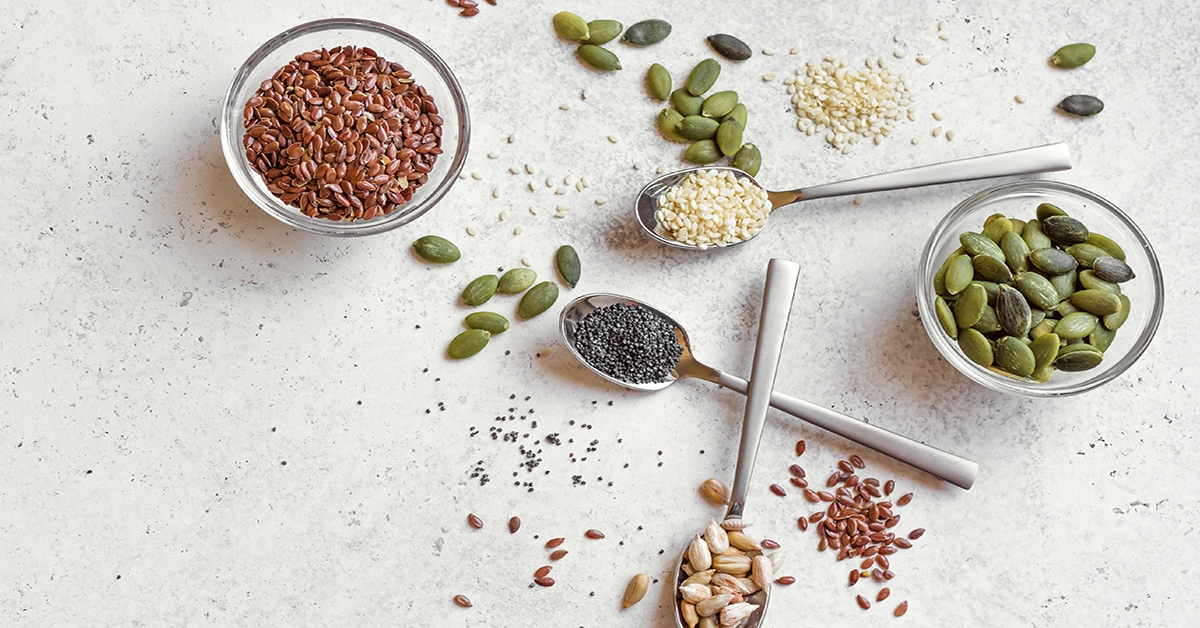Foods to Lift Your Mood and Immunity
During respiratory diseases, flu, and coronavirus exacerbation, our body needs extra support in an extra dose of vitamins and minerals. What is the solution? To add more superfoods to your diet. Superfoods are exclusively healthy products with high antioxidant content. These substances protect us from severe diseases and slow the development of inflammations.
Ginger Root
Are you looking for an effective, inexpensive, and available remedy to protect your body from numerous viruses? Take a look at the ginger root. It has been used for centuries to improve the gastrointestinal tract and immune system function. It is not difficult to introduce ginger to your diet. There are not many Asian meals that are not using this spice. Ginger goes well with meat, seafood, vegetables, and rice. It is also used to make tasty hot drinks, which provide warmth and comfort and improve your mood.
Kale
Have you got a potassium deficiency? Then, you have to immediately add one of the best superfoods, kale cabbage, to your diet. This is an excellent potassium source, which helps to keep arterial blood pressure under control and removes excess sodium from the body. This curly cabbage should also become a best friend for future mothers. Its juicy leaves contain high amounts of folic acid (vitamin B9), a compound required to form the embryo's neural tube – a primary form of nervous system development.
Kale can be used in soups instead of spinach, added to salads, or easily made crunchy crisps from this cabbage.
Brussel Sprouts
The Brussels sprout contains a lot of vitamins K and C, as well as folic acid, magnesium, potassium, and vitamin B6.
The best way to cook them is to cut the spouts in two, spring with avocado oil, add a pinch of salt and some pepper, and cook in the oven.
Fennel
It's hard to stay indifferent to fennel. This vegetable has its character—people either love it or hate it. And no matter what your feelings are, fennel can be a healthy addition to your diet. Its bulbs are distinguished by an extremely useful composition: potassium, magnesium, calcium, iron, copper, manganese, phosphorus, and fiber. If you have trouble with the gastrointestinal tract, fennel can help eliminate heartburn and unpleasant symptoms of an irritated stomach.
This plant is great because it can be eaten nearly completely. You can eat bulbs raw or stewed. Stems and leaves can be used to prepare soups, broths, and fillings. Seeds can be used as a condiment.
Sweet Potato
Sweet potato is one of the most loved vegetables among nutritionists. It is an excellent source of beta-carotene and antioxidants, which protect the body from free radicals' destructive effects and reduce inflammation.
Endive
Endive is exceptional in taste. It is excellent in salads with olive oil and incomparable in vegetable mixes. Endive leaves can be stewed or fried. Still, most importantly, endive is rich in fiber, potassium, vitamin A, and beta-carotene. Plant fibers are needed for normal digestion, and potassium is needed for the heart and blood vessels; vitamin A is an antioxidant that reduces the risk of inflammation and strengthens the immune system.
Ghee (clarified butter)
Ghee does not contain lactose, casein, or water, making it a unique product. For centuries, people have used ghee in Indian recipes and as a treatment tool in Ayurveda, an ancient holistic medicine. Ghee oil is believed to have healing properties called Rasayana that increase human life span.
The product is based on unsaturated fatty fats. Fat content – up to 100%, protein part – 0, carbohydrate part – 0. There are 112 calories in a teaspoon of ghee.
Treating properties of Ghee allow it to be used.
- improving immunity
- improving digestion. Ghee is good for high stomach acidity (you should eat one teaspoon of Ghee before and after a meal
- the normalization of metabolic processes
- removal of toxins
- body enrichment with vitamins A, E, and fatty acids
- stimulation of brain activity
- helping the correct functioning of the gastrointestinal tract
- the normalization of gallbladder function and bile separation, assimilation of fat-soluble vitamins
- increases efficiency and fills us with energy
- removes toxins and heavy metals
- improves tissue regeneration
- strengthens bones and bone marrow
- supports correct hormonal balance
- decreases the risk of cancer development
Ghee oil is different from melting. Melted butter is just butter that has been melted on heat. Ghee oil is obtained by prolonged boiling over very low heat. Finally, the real ghee oils are produced from the milk of free-grazing cows, which eat grass exclusively.
